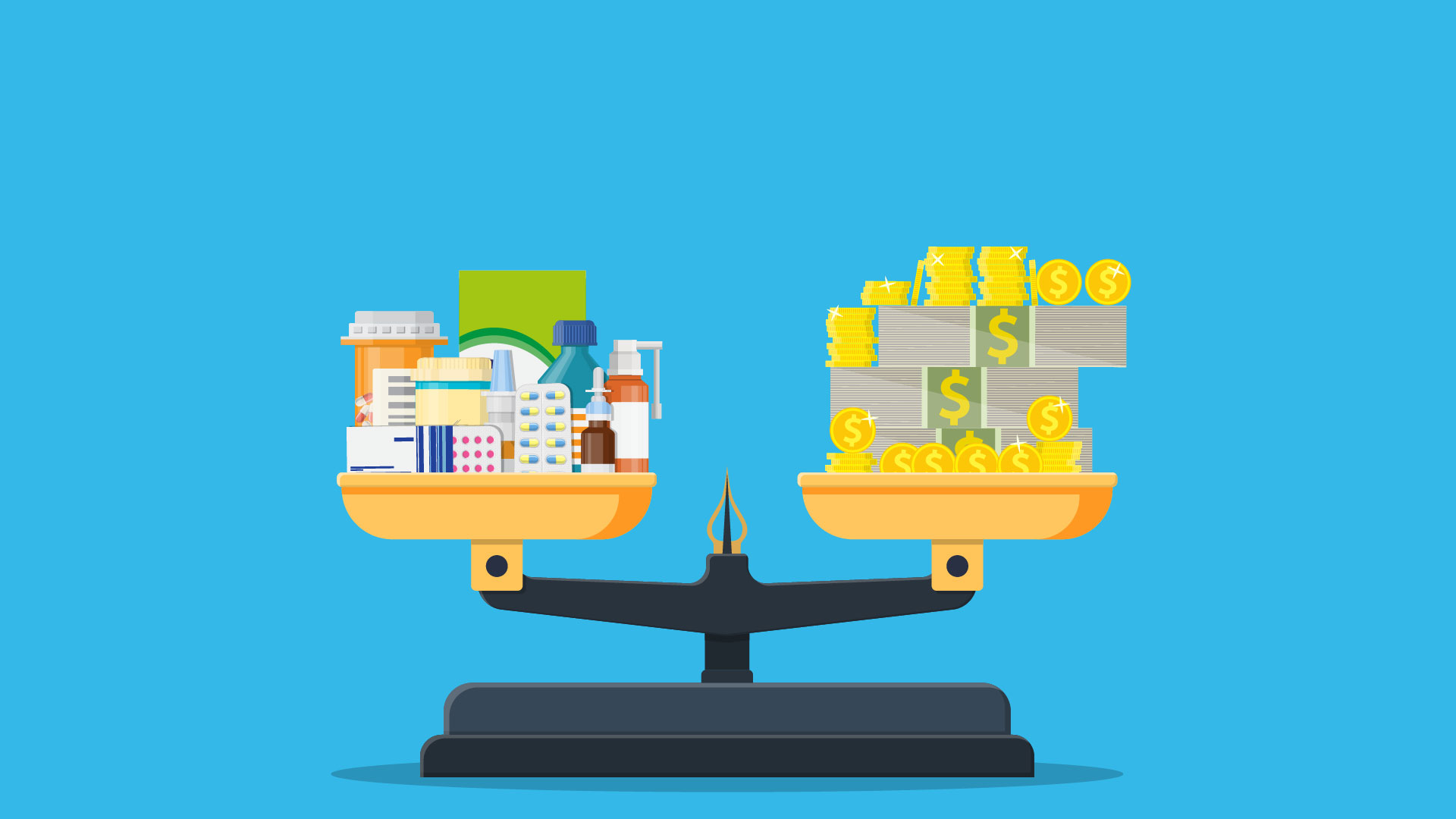
Are you looking to save money while still enjoying life? You're in the right place! This blog post dives into 23 facts about cost-effective living that can help you stretch your dollars further. From smart shopping tips to energy-saving hacks, these practical insights will make a big difference in your budget. Imagine cutting your grocery bill in half or slashing your utility costs without sacrificing comfort. Cost-effective living isn't about being cheap; it's about being smart with your resources. Ready to transform your financial habits? Let's get started on this journey to a more frugal, yet fulfilling, lifestyle!
23 Facts about Cost-Effective Living
Living cost-effectively doesn't mean sacrificing quality of life. It’s about making smart choices that save money while maintaining or even enhancing your lifestyle. Here are 23 facts to help you live more cost-effectively.
Housing
Housing is often the largest expense for most people. Here are some ways to cut costs without compromising comfort.
- Renting vs. Buying: Renting can sometimes be cheaper than buying a home, especially in high-cost areas. Consider your long-term plans before deciding.
- House Hacking: Renting out a portion of your home can offset mortgage payments. This can be a basement apartment or even just a room.
- Energy Efficiency: Investing in energy-efficient appliances and insulation can reduce utility bills significantly over time.
Transportation
Transportation costs can add up quickly. These tips can help you save on getting from point A to point B.
- Public Transit: Using public transportation instead of owning a car can save thousands annually on gas, insurance, and maintenance.
- Carpooling: Sharing rides with coworkers or friends reduces fuel costs and wear on your vehicle.
- Biking and Walking: For short distances, biking or walking not only saves money but also promotes better health.
Food and Groceries
Food is a necessity, but there are ways to eat well without breaking the bank.
- Meal Planning: Planning meals ahead of time reduces impulse buys and food waste.
- Bulk Buying: Purchasing non-perishable items in bulk can save money in the long run.
- Cooking at Home: Preparing meals at home is generally cheaper and healthier than dining out.
Utilities
Utilities are essential, but there are ways to lower these monthly bills.
- Smart Thermostats: These devices can learn your schedule and adjust temperatures to save energy.
- Water-Saving Fixtures: Installing low-flow showerheads and faucets can reduce water usage and lower bills.
- Unplugging Devices: Electronics consume power even when turned off. Unplugging them can save on electricity.
Entertainment
Entertainment doesn’t have to be expensive. Here are some budget-friendly options.
- Library Memberships: Libraries offer free access to books, movies, and sometimes even events.
- Streaming Services: Subscribing to one or two streaming services can be cheaper than cable.
- Community Events: Many communities offer free or low-cost events like concerts, festivals, and workshops.
Health and Fitness
Staying healthy doesn’t require a costly gym membership or expensive equipment.
- Home Workouts: Many effective workouts can be done at home with minimal equipment.
- Outdoor Activities: Hiking, running, and cycling are free and provide excellent exercise.
- Preventive Care: Regular check-ups and a healthy lifestyle can prevent costly medical bills down the line.
Shopping
Smart shopping habits can lead to significant savings.
- Second-Hand Stores: Thrift stores and online marketplaces offer quality items at a fraction of the cost.
- Seasonal Sales: Timing purchases around sales events can result in substantial discounts.
- Cashback and Coupons: Using cashback apps and coupons can reduce the cost of everyday purchases.
Financial Management
Managing finances wisely is crucial for cost-effective living.
- Budgeting: Keeping track of income and expenses helps identify areas where you can cut costs.
- Emergency Fund: Having a financial cushion can prevent debt in case of unexpected expenses.
Final Thoughts on Cost-Effective Living
Living cost-effectively doesn't mean sacrificing quality. It’s about making smart choices. Simple changes like cooking at home, using public transport, and buying in bulk can save a lot. Embrace DIY projects for home repairs and decorations. Energy-efficient appliances and mindful water usage reduce utility bills. Thrift shopping and swapping clothes with friends keep wardrobes fresh without breaking the bank.
Remember, small savings add up over time. Track expenses to see where money goes and adjust habits accordingly. Prioritize needs over wants. Use technology to find deals and discounts. Financial literacy is key; understand interest rates and avoid unnecessary debt.
Living within means leads to financial freedom and less stress. It’s not just about spending less but spending wisely. With these tips, anyone can live well without overspending.
Was this page helpful?
Our commitment to delivering trustworthy and engaging content is at the heart of what we do. Each fact on our site is contributed by real users like you, bringing a wealth of diverse insights and information. To ensure the highest standards of accuracy and reliability, our dedicated editors meticulously review each submission. This process guarantees that the facts we share are not only fascinating but also credible. Trust in our commitment to quality and authenticity as you explore and learn with us.


